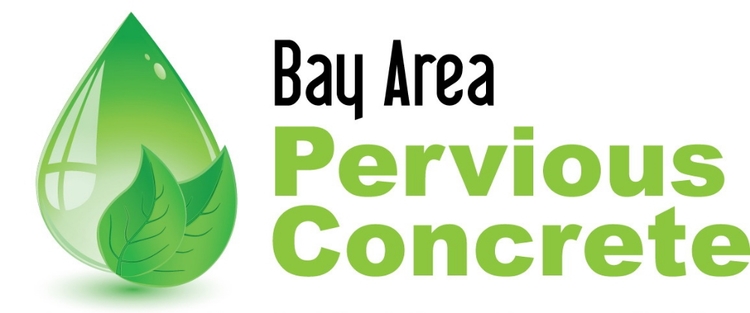Ernie from Sesame Street said it best. For those that claim impervious surfaces, such as asphalt and concrete, and pervious surfaces are synonymous, that is simply not true. Bay Area Pervious Concrete’s David Liguori went out on the field this week to report on some real-time comparisons between these two surfaces during our most recent storm, and the evidence is striking.
Re-visiting a job site along El Camino Real in Belmont, CA, we have a perfect example of the challenges impervious surfaces face in contrast to the robust performance pervious concrete provides when it comes to stormwater runoff.
The client in the video had their sidewalk replaced with pervious concrete along the perimeter of their business roughly one year ago. It has since withstood a handful of downpours with ease. Unlike conventional pavements, water is easily absorbed via interlocking aggregates where it then passes through the groundwater and into the aquifer. Unlike asphalt that begins to deteriorate when saturated with water, pervious concrete remains strong and durable. Thanks to its careful design and the pull of gravity, water quickly passes through the slab, giving the illusion that the surface is not wet at all! Maintenance is relatively low if not nonexistent, and most importantly, the pavement is fully compliant with the City’s stormwater regulations.
With a downward slope coming from the neighbors (on the right), we can see water pooling along the property line and saturating the pervious concrete with debris, preventing water from filtering as intended.
However, tables turn as we move our attention to the neighbors on the right. Design flaws in the slopping of the driveway lead to water pooling and flooding. As David points out along the property line, a current portion of the pervious concrete is clogged as excess runoff is diverted from the neighbor’s driveway. As the stormwater travels, it brings an assortment of debris (i.e.: sediment, oil, dirt, and garbage), along with asphalt fines which in turn clogs the pervious surface. As time goes by and the issue remains unaddressed, a larger portion of the pervious concrete will become clogged with debris. This situation is a prime example of hybrid systems gone awry thus preventing pervious systems from working as intended.
When a project does not have sound site design, issues such as these are bound to occur. So why not let Bay Area Pervious Concrete handle the matter? Our services include everything from system design presentations to specific project-based consultation to ensure your needs are met with precision from a leading expert, David Liguori, who has 15 years experience in designing pervious concrete stormwater management systems.
With a list of issues ranging from design flaws to maintenance, conventional impervious surfaces are quickly becoming an outdated means for roads and walkways. If not addressed appropriately, these flaws can lead to bigger problems including flooding (as seen in the video), erosion and degradation of habitats, and contaminated stormwater flowing to our waterways. Poor site design is a common problem that is all too often overlooked.
Are you planning on installing a parking lot, sidewalk or other pavement driveway for your business or residence? Ditch the headache associated with impervious surfaces and make the switch to pervious, because when it rains—it drains.

